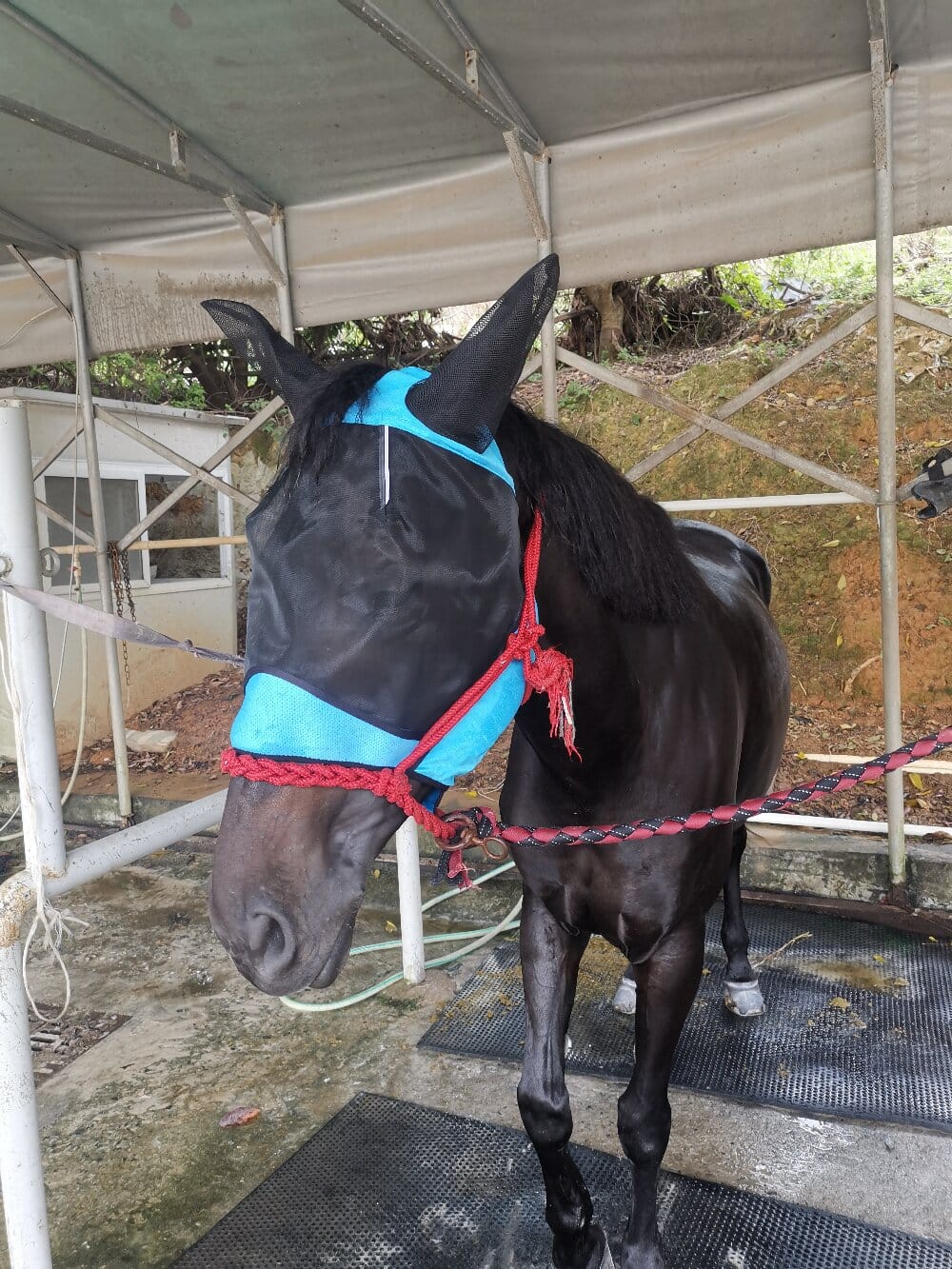When you first see a horse fly mask, it might seem like a simple piece of equine gear, a functional netting to shield your horse’s eyes from buzzing pests. But look closer, and you’ll see a story woven into its very fabric—a story about the profound shift in our relationship with animals. This isn’t just about pest control; it’s a tangible expression of a cultural evolution where we’ve moved from seeing horses as mere tools of labor to recognizing them as sentient partners deserving of comfort and protection. The act of placing that mask on your horse is a quiet ritual of care, a small but significant declaration that their well-being is a priority.
The Unspoken Bond: From Utility to Empathy
Historically, a horse’s value was often measured by its work—plowing fields, carrying soldiers, pulling carriages. Protection was geared towards preserving that utility, focusing on shoes for hooves and tack for control. The concept of shielding a horse from the mere annoyance of flies would have been a luxury, an unnecessary indulgence. Today, the widespread use of the fly veil signals a deeper understanding. We now acknowledge that horses experience stress, pain, and irritation. By protecting them from the relentless biting and buzzing of insects, you are actively reducing their anxiety and preventing the sores and infections that can follow. This shift from pure utility to empathetic stewardship is at the heart of modern equine care, and the fly mask is its most visible symbol.
A Global Tapestry of Equine Care
The philosophy behind protecting a horse’s face isn’t new, but its methods have been revolutionized. In various cultures, traditional methods were used—ranging from specific smokes to herbal repellants applied to the coat. The modern mesh fly mask, however, is a product of contemporary materials science and a globalized understanding of animal welfare. It represents a convergence of knowledge, where the best ideas for compassionate care are shared and adopted worldwide. When you choose a mask with UV protection, you’re not just blocking flies; you’re aligning with a global standard that seeks to prevent equine eye diseases like cancer, a concern that transcends borders and connects horse owners from Kentucky to Kyoto in a shared mission.
Your Choice as a Cultural Statement
Selecting the right face protection for your horse is a personal decision, but it’s also a cultural one. The market offers a spectrum of choices, each reflecting a different aspect of our current values.
- The Standard Fly Mask: The workhorse of face protection, focusing on core functionality and comfort. It says, “I value your daily peace.”
- The Fly Mask with Ears: This design shows an extended level of consideration, acknowledging that a horse’s sensitive ears are a prime target for pests. It whispers, “I am attentive to your every discomfort.”
- The UV-Blocking Mask: Perhaps the most profound evolution, this option isn’t just about insects. It’s about long-term health, a proactive measure against solar radiation. Choosing this is a powerful statement about preventative care and the commitment to a horse’s future vitality.
Each time you fasten the velcro or adjust the fit, you are participating in this modern ethos. You are not just an owner; you are a guardian.
The Ritual of the Fly Mask: More Than Just Gear
The simple act of putting on and taking off the equine fly mask can become a meaningful part of your daily interaction. It’s a moment of connection, a time for you to check in with your horse, run your hands over its face, and ensure everything is as it should be. This ritual reinforces trust. Your horse learns that this strange piece of fabric brings relief from the torment of flies, strengthening your bond. It transforms a mundane task into a dialogue of mutual respect. In a world that often moves too fast, this small, consistent act grounds your relationship in practical, daily compassion.
A Clear Vision for the Future
Ultimately, that piece of mesh on your horse’s head is far more than a barrier against insects. It is a lens through which we can view our changing role in the lives of animals. It signifies a culture that increasingly refuses to accept preventable suffering, a culture that invests in comfort, health, and dignity. As you look at your horse, grazing peacefully while others swat their tails in frustration, you witness the quiet success of this philosophy. The horse fly mask, in its simple, ingenious design, stands as a humble yet powerful testament to a world where caring for another creature is not an obligation, but a privilege.

